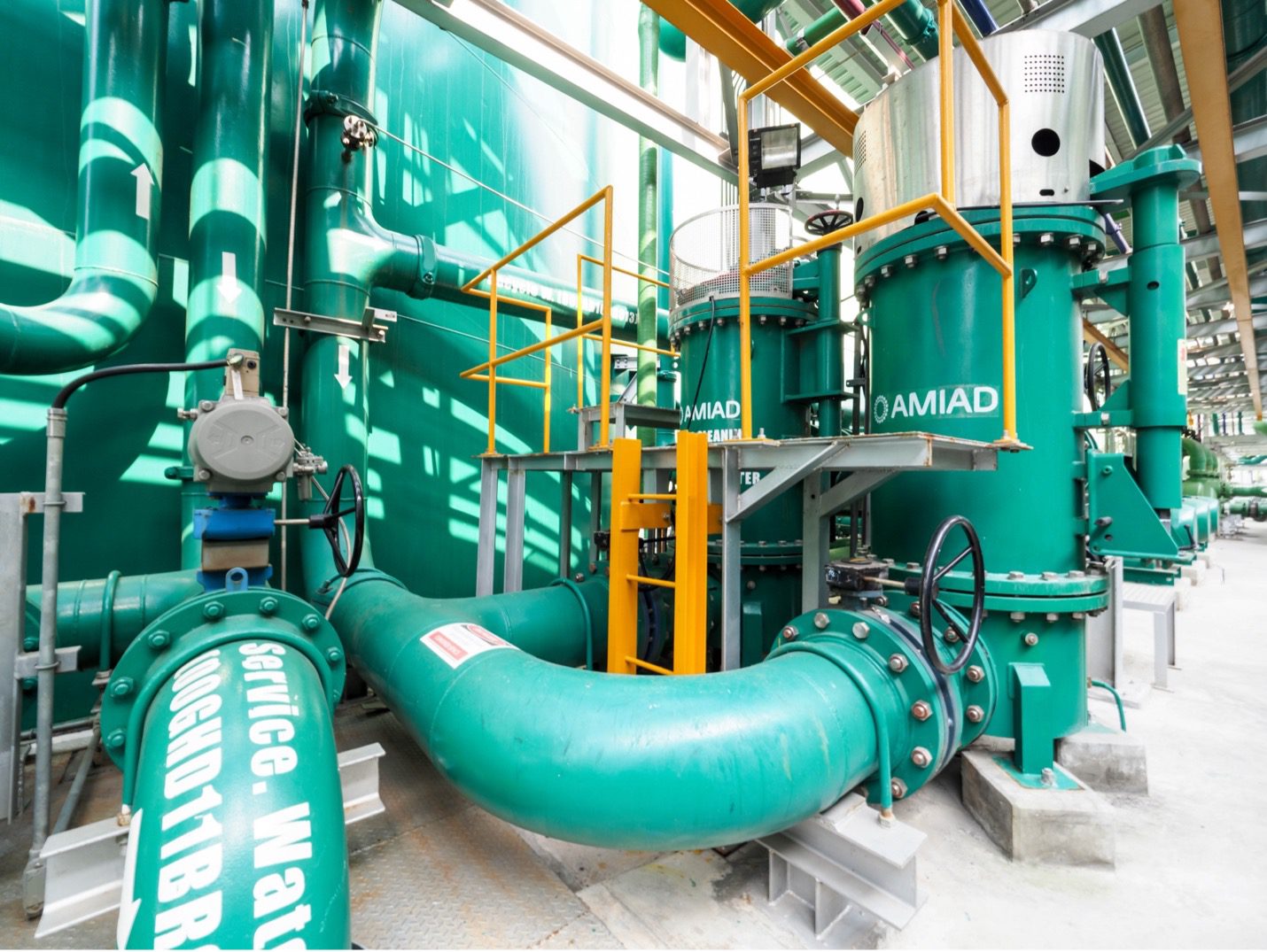
There are a variety of types of self-cleaning filters on the market these days, each designed to suit a different need. Mid-West Instrument, a leading manufacturer of pressure gauges in the Midwest, offers some valuable information on different types of self- cleaning filters and how they work.
FAQs About Self-Cleaning Filters and Mid-West
What is a Self-Cleaning Filter?
A self-cleaning filter is a device that helps to clean the air inside your home or business. This is important because indoor air pollution can have negative health effects, including respiratory problems and heart disease. The main purpose of a self-cleaning filter is to trap airborne particles such as dust, pollen, mold spores, pet dander, environmental irritants like car exhaust fumes and pesticides, and other potential allergens.
When these particulates are trapped in the filter media, they become trapped over time and eventually need to be replaced. When this happens, the device will let you know by displaying an indicator light or sound. Besides filtration purposes (to remove pollen/dust), some self-cleaning filters also have HEPA capabilities which help to eliminate harmful bacteria and protozoa from the atmosphere.
What are the advantages of self-Cleaning filters?
There are several benefits to using self-cleaning filters, such as reducing CO2 emissions, improving air quality, and eliminating the need for maintenance. Additionally, these types of filters help to protect your home or workplace from dirt, dust mites, harmful bacteria, and other pests.
What are mechanically cleaned filters?
Mechanically cleaned filters reduce your environmental impact while keeping your indoor air quality high. They are effective at removing large particles and microbial contaminants from the air, which helps to improve the overall health of people who live in regulated environments like hospitals, schools, offices, or retirement communities.
They also have a longer life than traditional filters and can be replaced more often without having to replace entire units.
What about industrial self-cleaning filtration systems?
Industrial self-cleaning filtration systems are a great way to reduce the number of pollutants and dust that are generated in factories and other industrial settings. These systems use filters to trap particulate matter (PM) and dust from the air, and then automatically clean them using high-pressure jets or other methods. This prevents debris from being released into the atmosphere, which can cause environmental pollution. In addition, it also lowers maintenance costs by taking care of cleaning tasks manually.
What kind of filtration products are most used?
Centrifugal
These are used in water treatment to remove large particles such as sand, silt, and sediment. Centrifuges are often used in residential applications because they are quiet and less expensive than other types of filters.
Membrane Filtration
This is a type of filter that uses a porous material (usually polypropylene or cellulose) to trap contaminants by selective diffusion. Membranes can be classified according to their pore size (S-, M- or L-type). Smaller pores allow molecules easier passage, while larger pores block them more effectively.
Differential Pressure:
Differential pressure gauges monitor the pressure on both sides of the filter and indicate when a filter needs to be cleaned or replaced. When combined with a switch, a differential pressure gauge can send signal to the controller which operates the automatic cleaning system.
Mid-West Instrument
Since 1958, Mid-West Instrument has been a leading global manufacturer of differential pressure gauges, transmitters, and switches. Our company is family owned and operated from our facility located in Sterling Heights, MI.
Our state-of-the-art factory is equipped the latest CNC machine tool technology, test equipment, calibrations standards, and oxygen clean room. This allows us to maintain precise tolerances and product quality with the shortest lead times in the industry.
Contact our experienced professionals or visit our website to learn which differential pressure instrument best fits your application.

